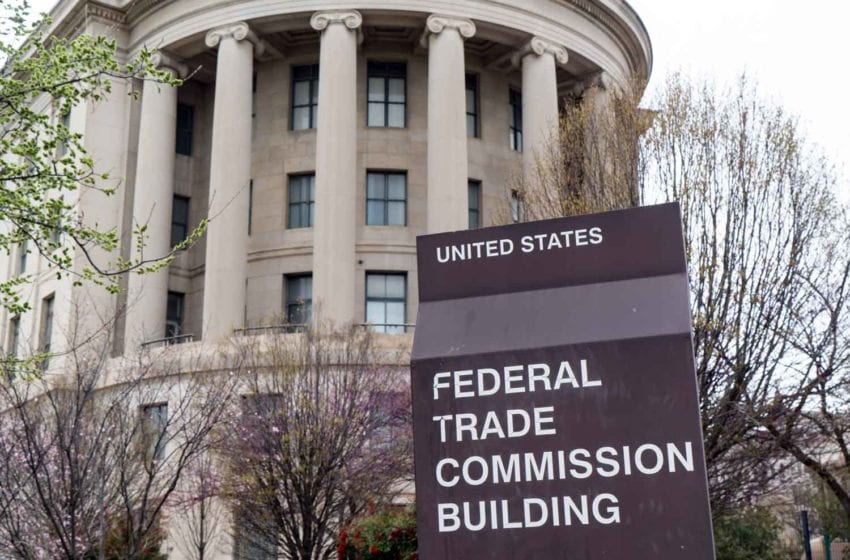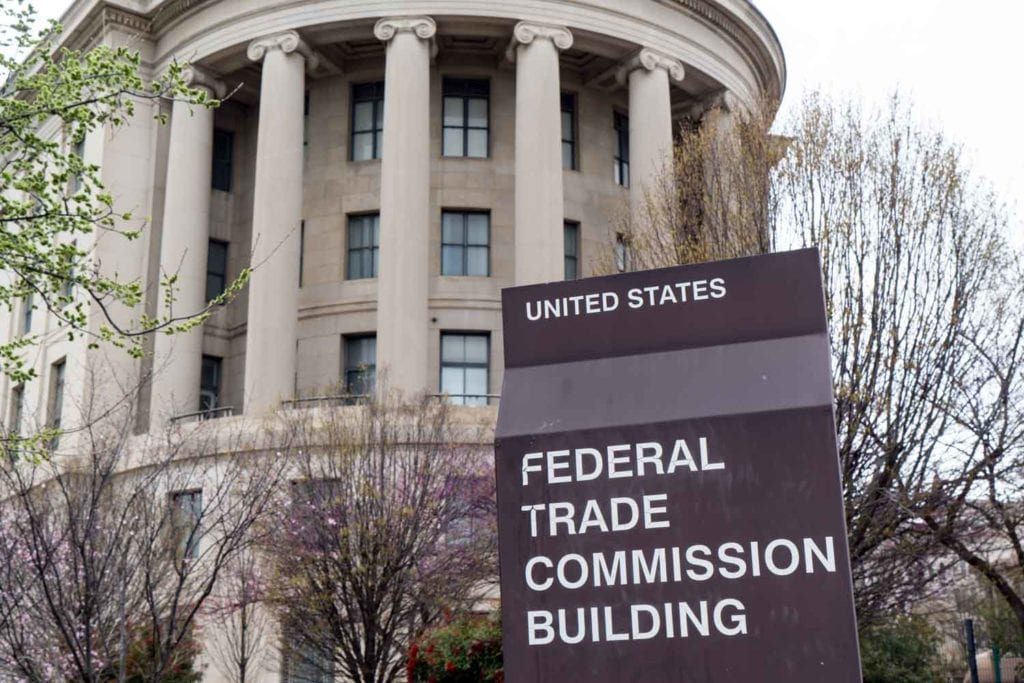Writing this story toward the middle of November, it’s obvious that two months can be a long time in respect of the U.S. market for RRPs. Since the panel discussions were held, PMI has secured its takeover of Swedish Match. PMI and Altria have agreed on terms under which Altria will receive from PMI $1.7 billion (on top of $1 billion paid at the inception of the IQOS distribution agreement) to relinquish, from the end of April 2024, its right to distribute IQOS in the U.S. on behalf of PMI. Altria has, while maintaining its economic interest in Juul, which is currently appealing against an FDA order to remove its products from retail shelves, extricated itself from its no-compete agreement and so is free to bring its own e-cigarettes to market or to explore acquisitions in this field. And Altria has signed a joint venture agreement with Japan Tobacco to market HTPs in the U.S. with Ploom-branded devices and Marlboro-branded consumables. They also signed a long-term, nonbinding global memorandum of understanding to explore commercial opportunities for a wide range of RRPs.
The question is how much of a difference these developments will make to the U.S. market for RRPs, and especially to Altria, whose future has been painted as being bleak by some observers, even after these recent developments. My guess—and this is not a prediction—would be that these developments, on their own, will make little difference immediately and perhaps for some time. IQOS, which has been granted a modified-risk status under which consumers may be given certain information, such as that the product generates lower levels of harmful chemicals than combustible cigarettes, is still not available for sale in the U.S., though, clearly, it is likely to reenter the market relatively soon.
At the same time, it is likely to take considerably longer to put Ploom and a new HTP from Altria through the FDA procedures necessary for market commercialization. But it is worth bearing in mind a point made by Rupert Wilson of Strategic Business Consulting during the panel discussion. HTPs, he said, had done well on markets where e-cigarettes, for whatever reason, were not a major market contributor, such as Japan, but less well on markets where e-cigarettes had been well received, such as the U.K. The U.S. is a strange market in that e-cigarettes are available but development of them has been held back by regulations, but I would guess that there are just enough e-cigarettes—and other RRPs—available to mean the U.S. is not going to simply become a battleground for HTPs. They will become a significant, but not an exclusive, part of the RRP market.
There are other factors in play that are probably more important. PMI, which has concentrated heavily on HTPs, is expanding its RRP offering, but even with the help of Swedish Match, which is experienced in dealing with FDA applications, these products will take time to clear FDA hurdles. And Altria could presumably acquire a vaping company that has devices already approved for the U.S. market.
Some observers point to the fact that Altria, unlike PMI or Swedish Match, is heavily exposed to the U.S. market for combustible cigarettes, which is in decline, especially the premium sector of that market, which seems like not a good place to be during a cost-of-living crisis. But evidence was presented during the panel discussion that demonstrated how, in the past, Altria had been able to increase profits significantly in the face of plummeting cigarette volumes caused in part by steeply rising prices.
Overall, I tend to agree with Jon Fell of Ash Park Management, who, during the panel discussions, while not dismissing the competitive challenge being thrown down by the arrival of PMI on the U.S. market, said that companies already on that market were highly competitive themselves and that it would be rash to assume they could be brushed aside.
It would surely also be rash to make predictions when who knows what developments might be announced in the future. During the session usually devoted to possible mergers and acquisitions, the GTNF panelists spent nearly all the available time talking instead about companies investing in R&D, forming alliances, finding new technology partners, bringing people in from other industries to provide new perspectives and moving into new business areas. Something unforeseen must come out of that.





















